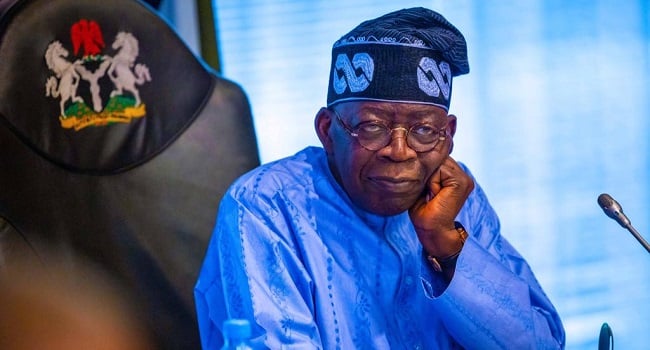When President Bola Ahmed Tinubu invoked the prerogative of mercy to release hundreds of inmates including those sentenced to death for murder, armed robbery, drug trafficking and kidnapping the reactions were swift and fierce. To some, it was an act of compassion. To many others, it was a reckless political gesture that could dent Nigeria’s global image, weaken the rule of law, and unsettle an already fragile security climate.
The idea of mercy is noble. Every civilized society must make room for forgiveness. But mercy loses its meaning when applied without discernment. Releasing convicted killers and kidnappers, in a country still haunted by the trauma of violent crimes, sends the wrong message which is that justice can be swept aside by the stroke of a presidential pen.
Foreign investors are watching. Nigeria has spent years battling a reputation for instability and insecurity. It is difficult enough to convince investors that their capital and staff will be safe here. Now, the optics of setting free those convicted of the very crimes scaring investors away makes the job even harder. The signal to the global community is muddled: how serious is Nigeria about enforcing its own laws and protecting lives? In the realm of foreign direct investment (FDI), perception is everything. Investors crave predictability not mercy that undermines justice.
Beyond international optics, this decision risks eroding public trust in the justice system. Victims’ families, who endured years of painful trials to see justice served, must now feel betrayed. In a society where the poor often believe the rich can buy their way out of anything, this act reinforces the cynicism that punishment is negotiable, and justice, optional.
The prerogative of mercy, by constitutional design, is meant for exceptional circumstances. It is not a tool for political grandstanding or mass amnesty. It should be applied sparingly and should be based on evidence of true rehabilitation, remorse, and low risk to public safety. Those convicted of minor offenses, petty theft, or who have served the bulk of their sentences and shown genuine reform are the people the law had in mind. Not hardened criminals who made their names through bloodshed and terror or those who have partially served their term.
Mercy should never mock justice. A government must find the balance between compassion and consequence. The release of violent offenders undermines both. Nigeria’s prisons are overcrowded, yes but the answer is not to open the gates and hope for the best. It lies in reforming the justice system, speeding up trials, and investing in rehabilitation that truly transforms lives, not merely relocating problems from prison yards to city streets.
President Tinubu’s gesture may have been guided by good intentions, but it has left the nation uneasy. The mark of leadership is not in how easily one forgives, but in how wisely one decides who truly deserves forgiveness.
Mercy can heal wounds but when misplaced, it sure deepens them.
Ejike Agbata writes from Nri,
Anaocha LGA,
Anambra State

 NEWS2 years ago
NEWS2 years ago
 MUSIC4 years ago
MUSIC4 years ago
 MUSIC4 years ago
MUSIC4 years ago
 MUSIC2 years ago
MUSIC2 years ago
















